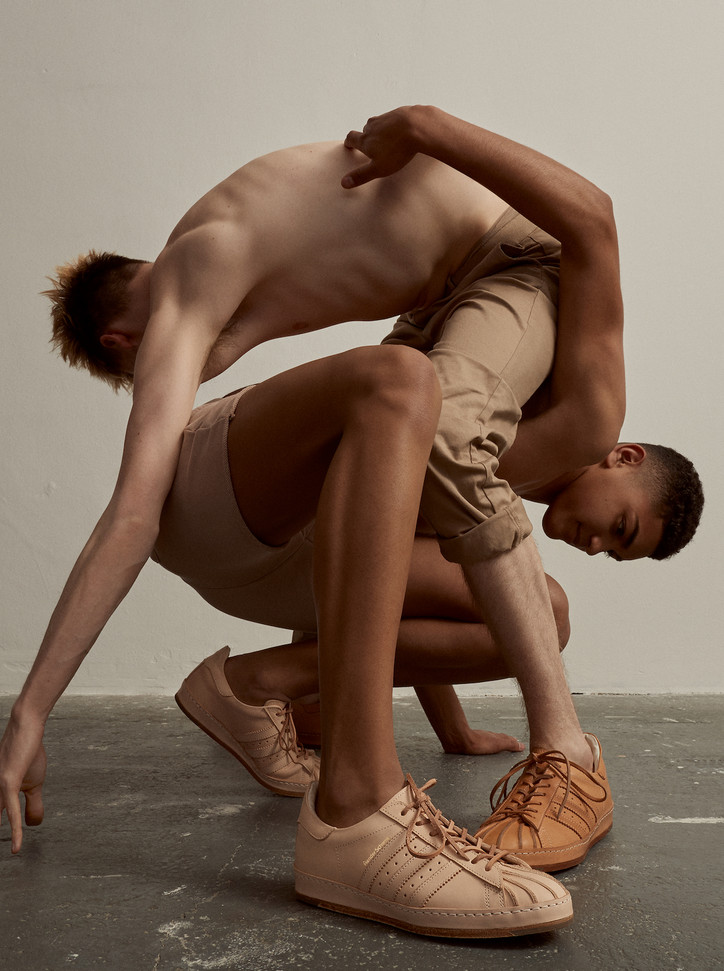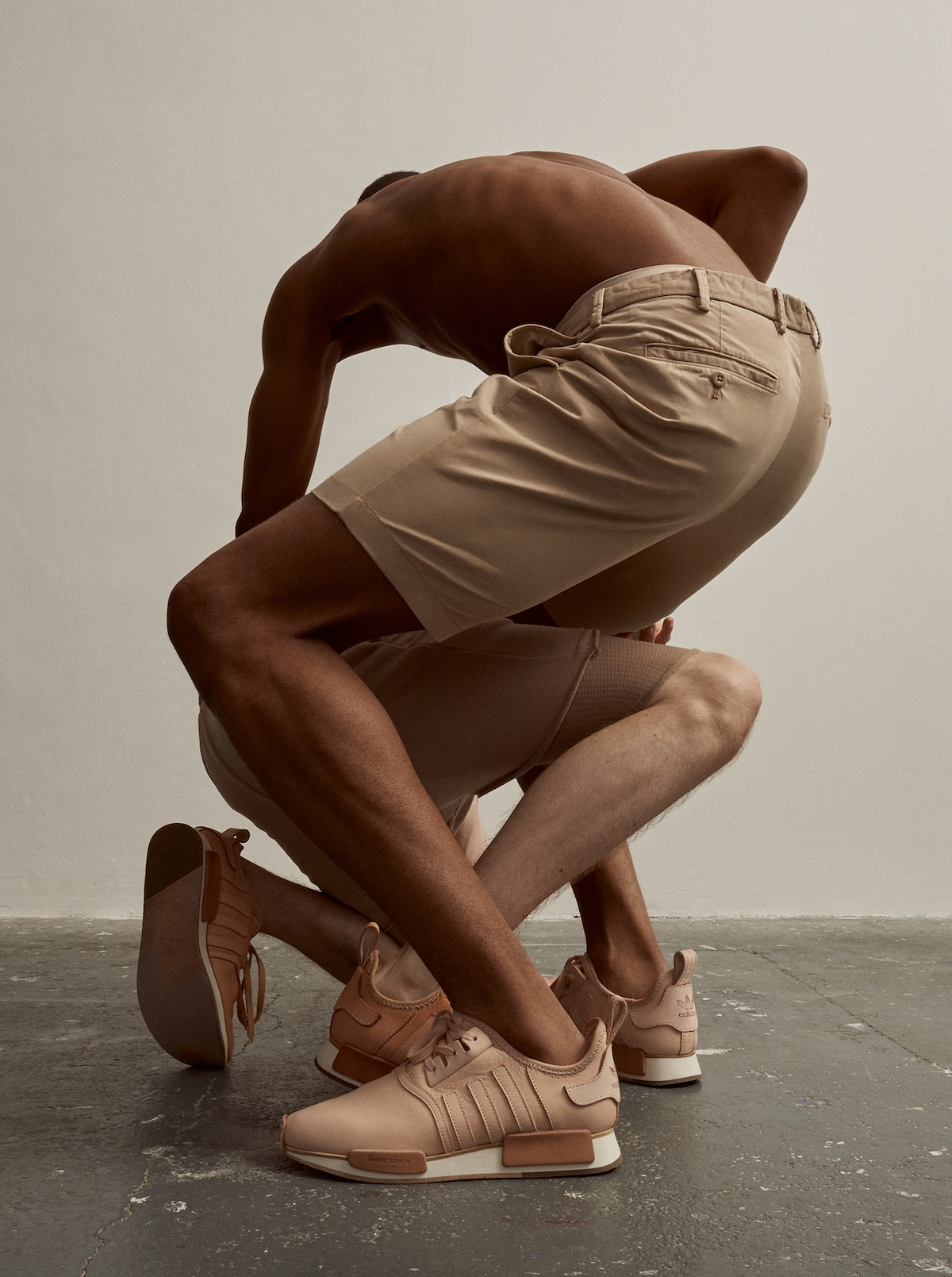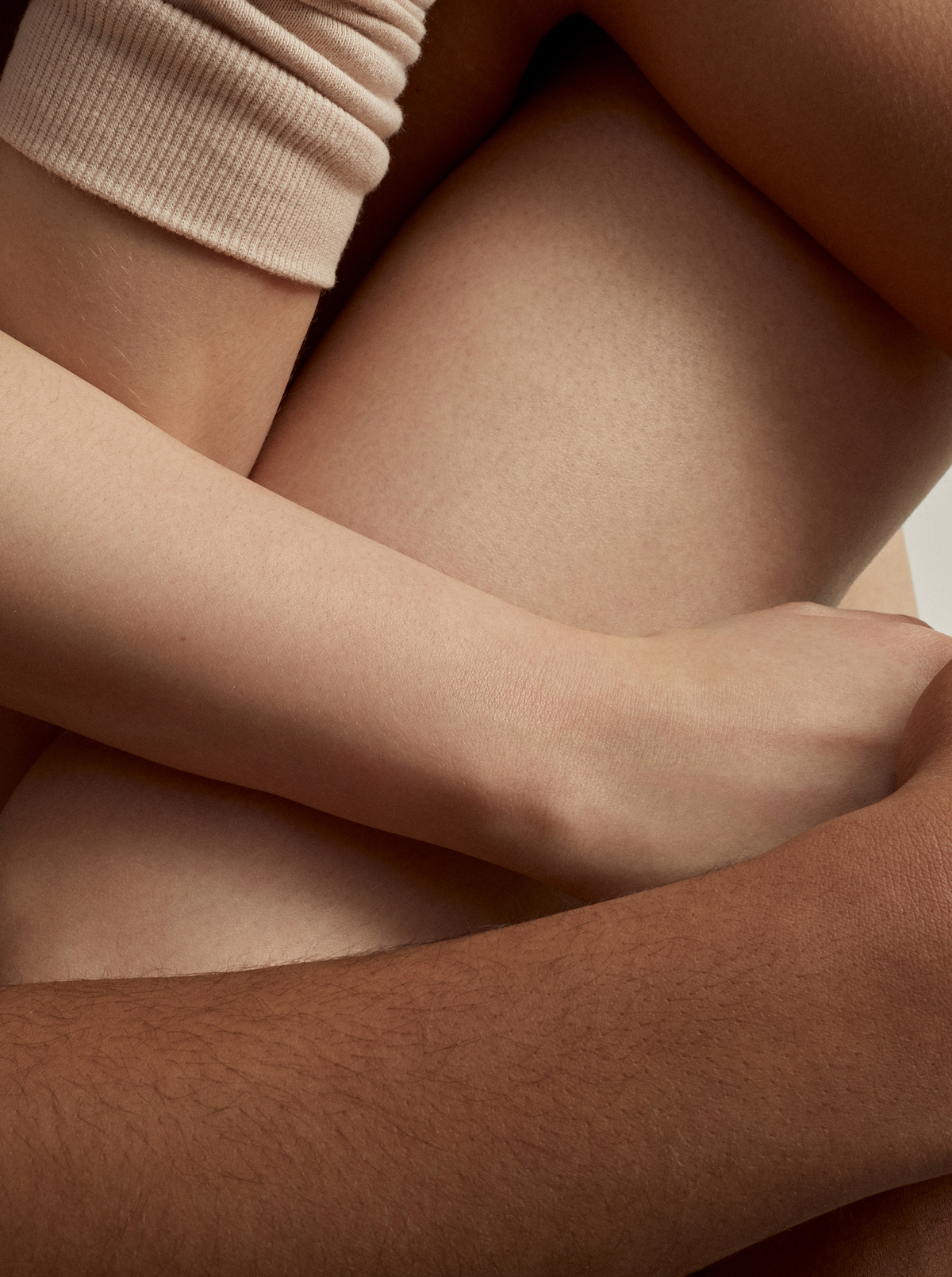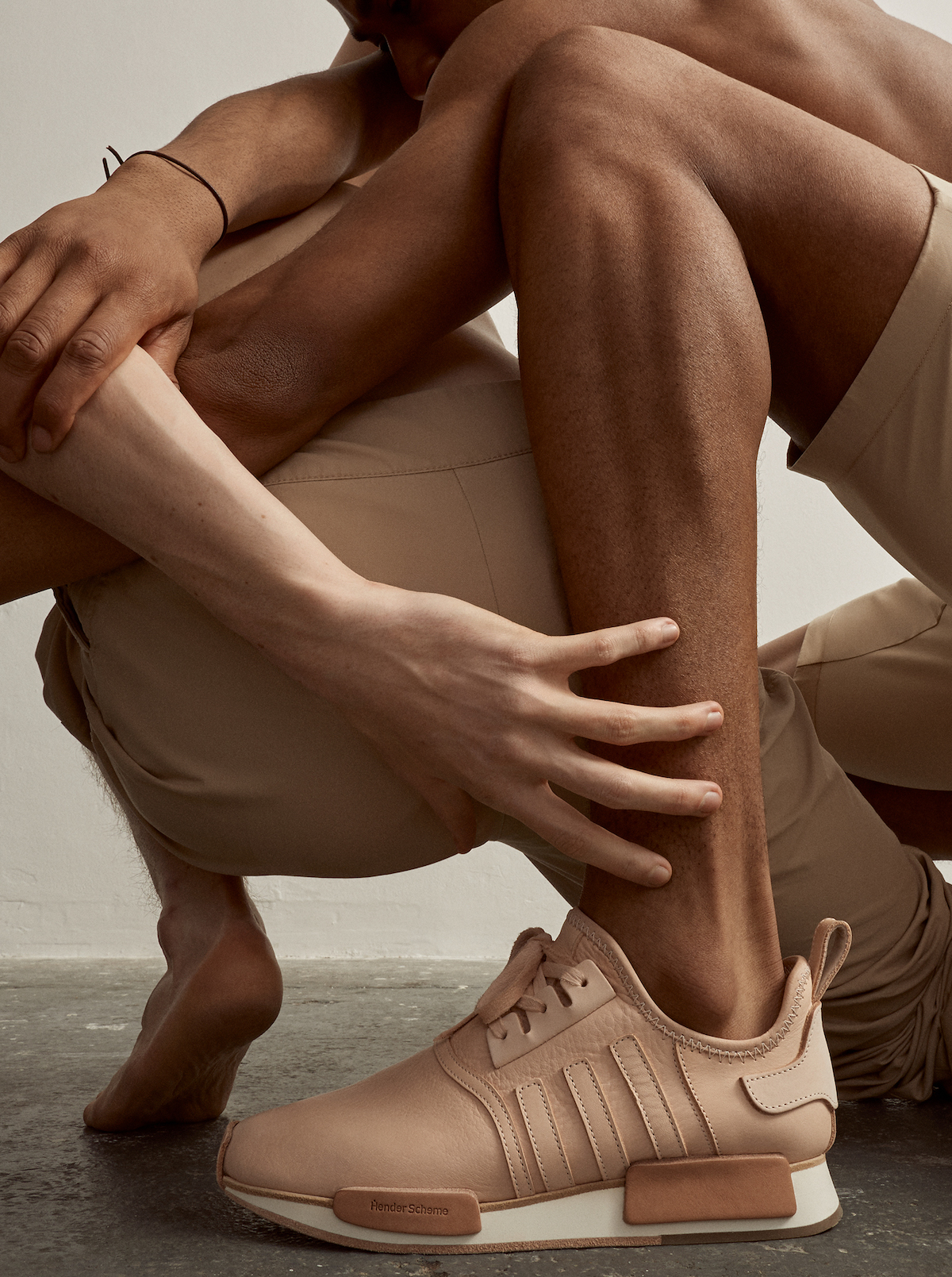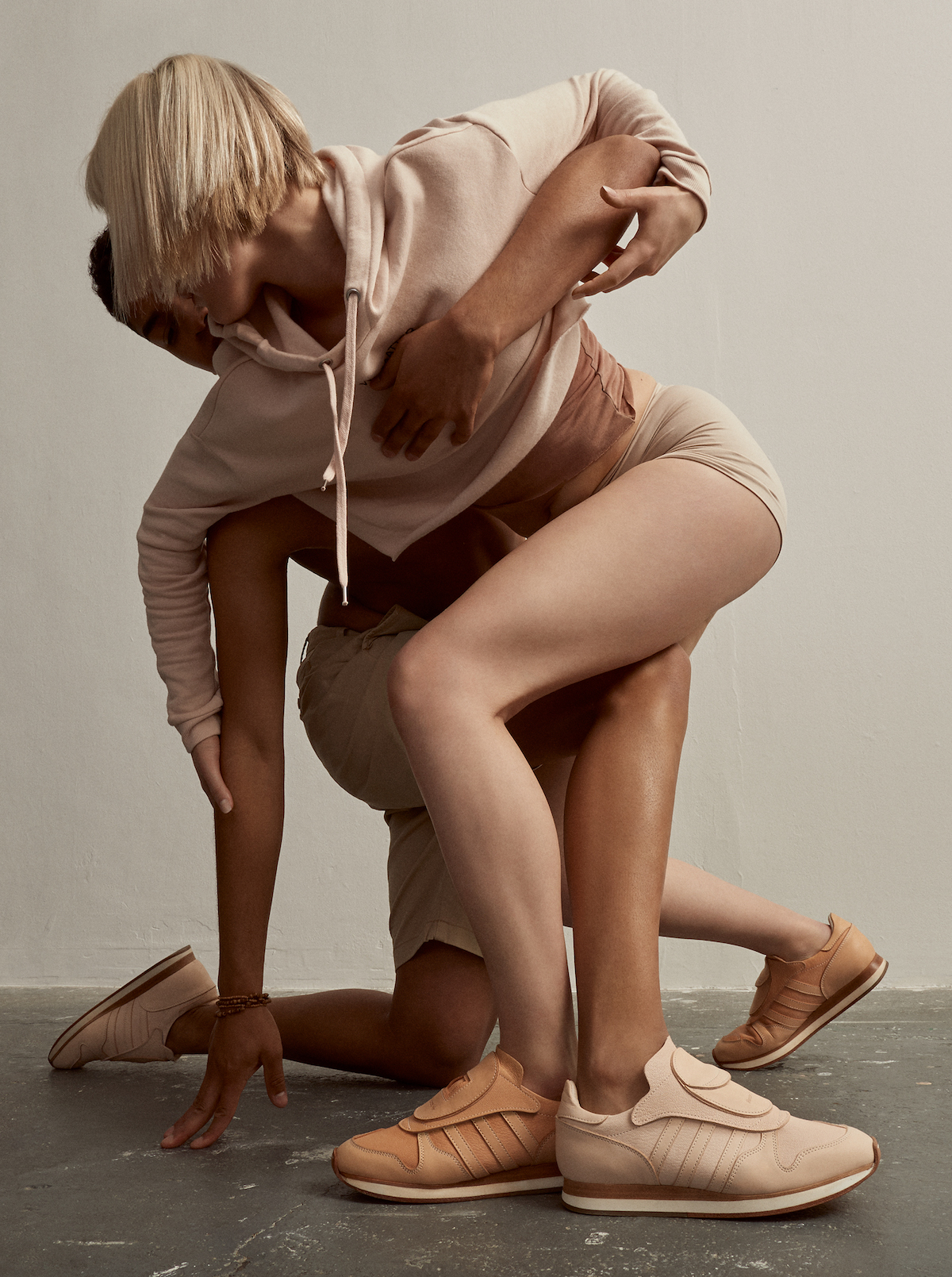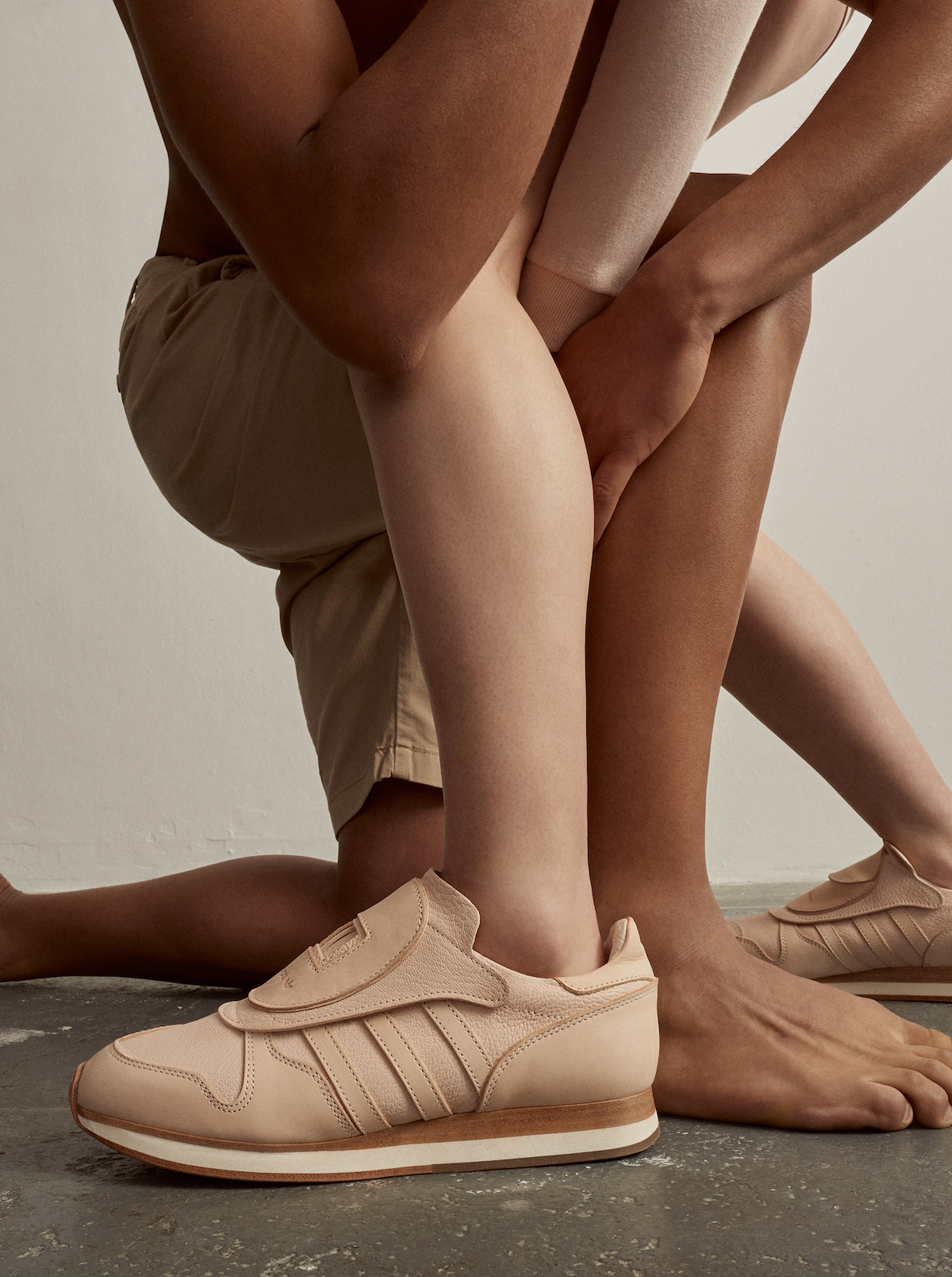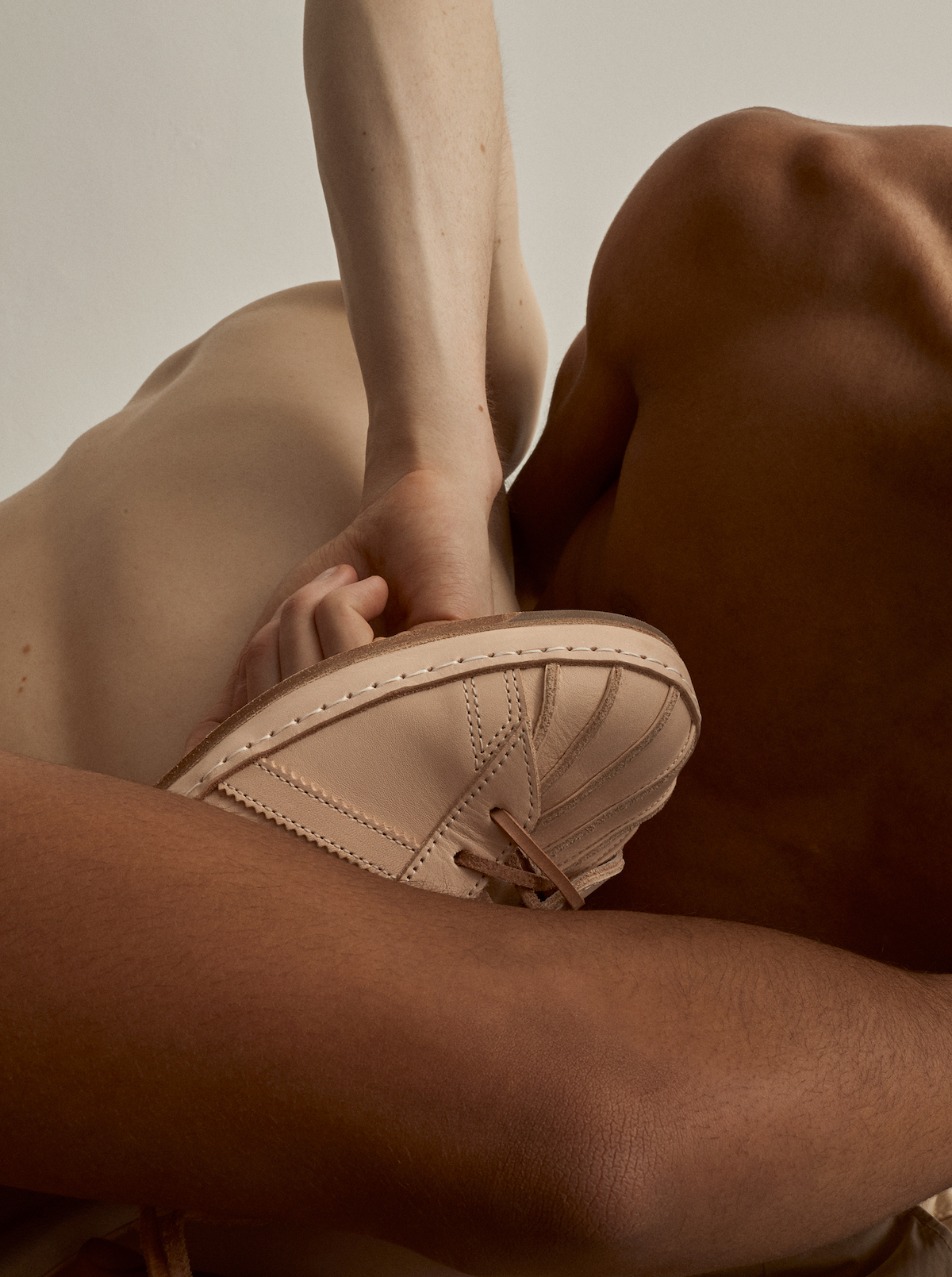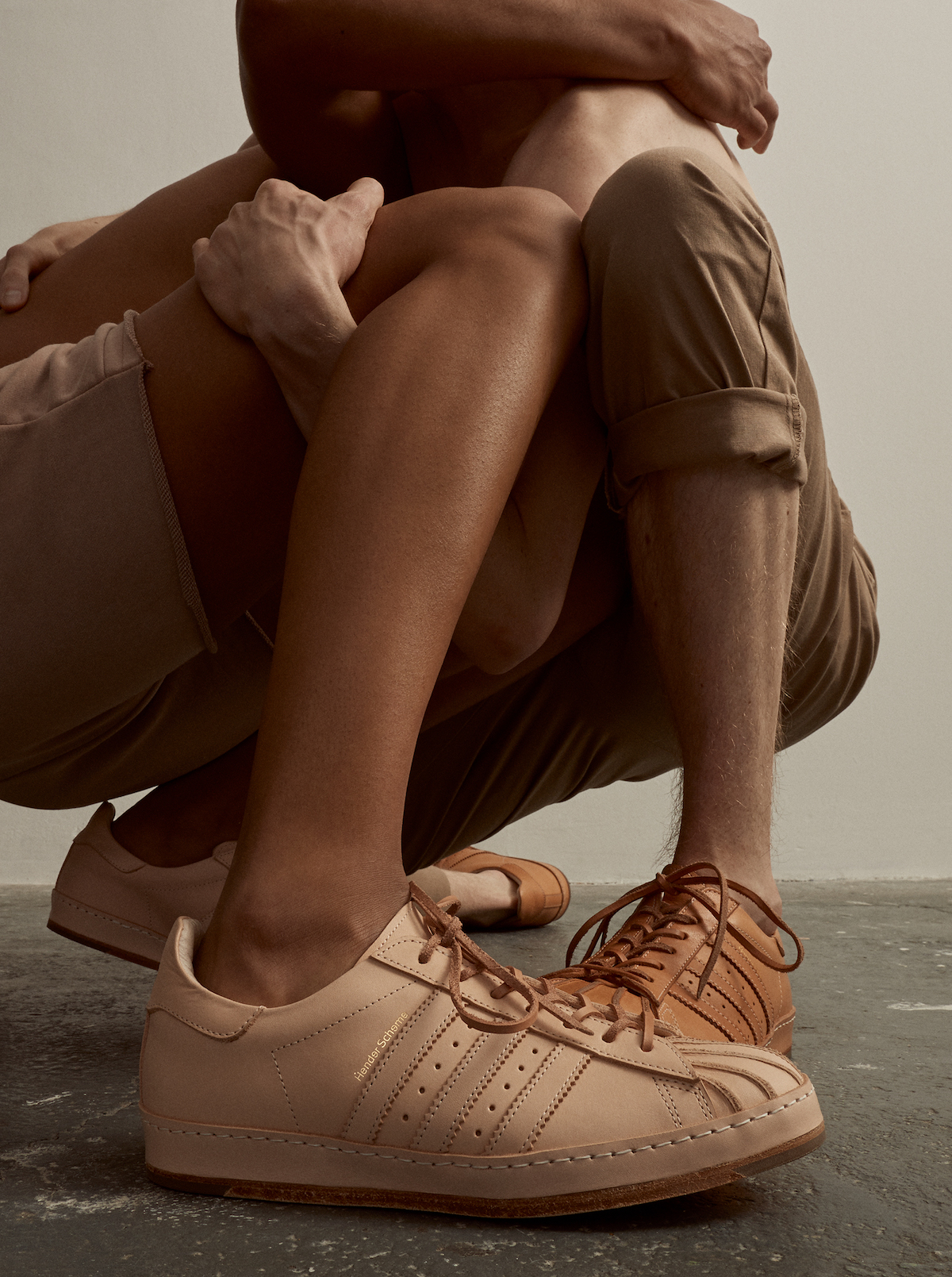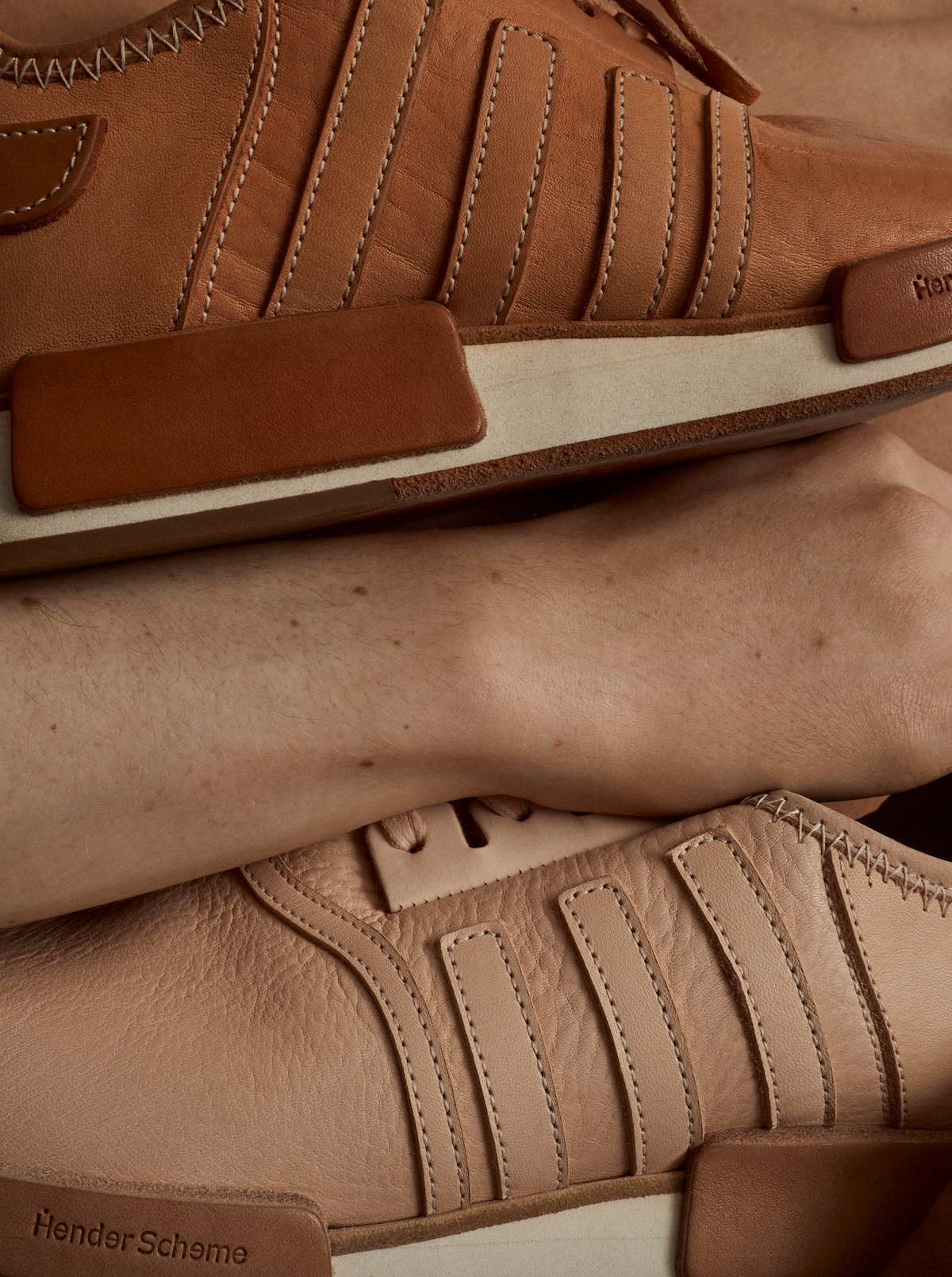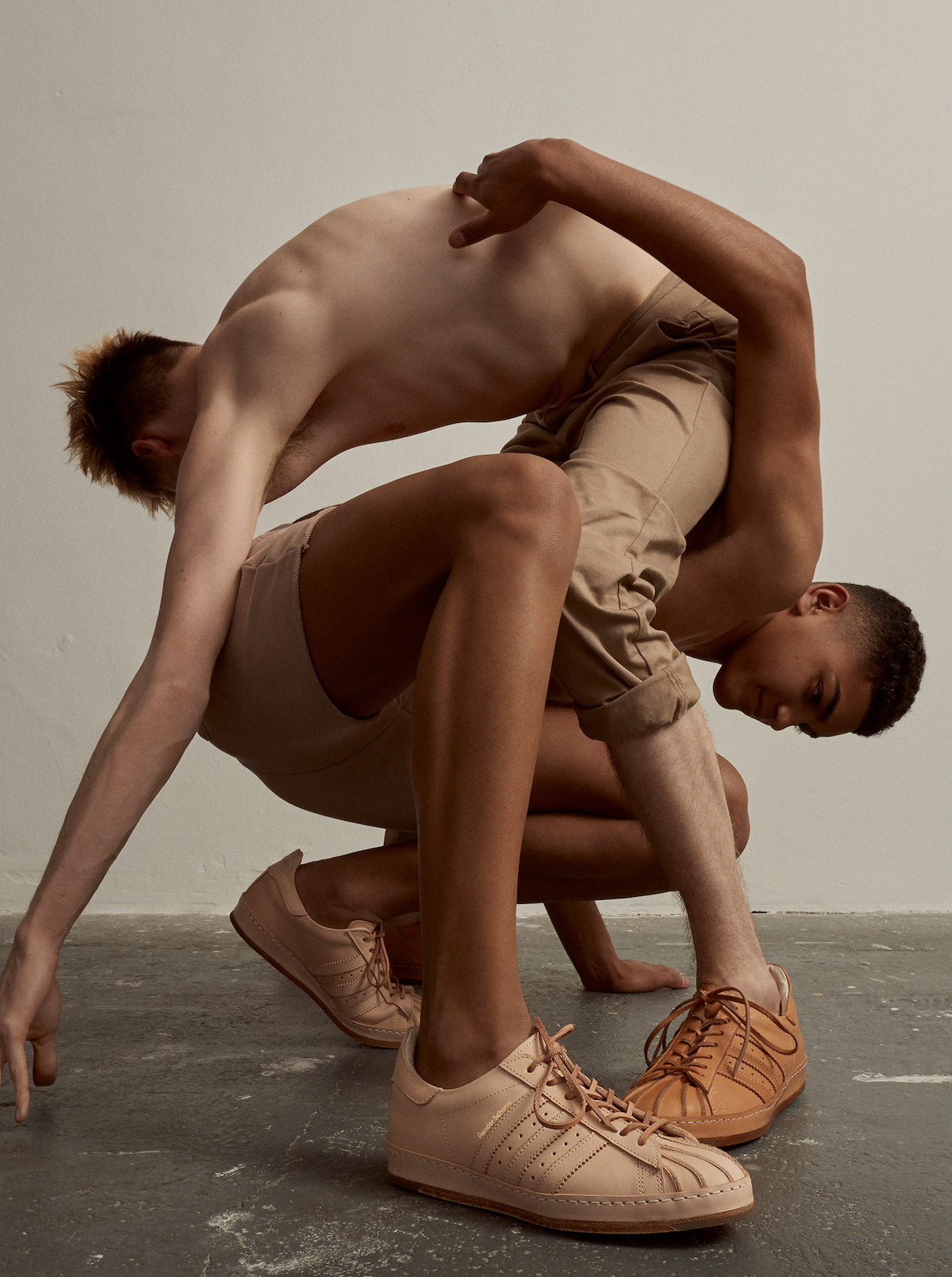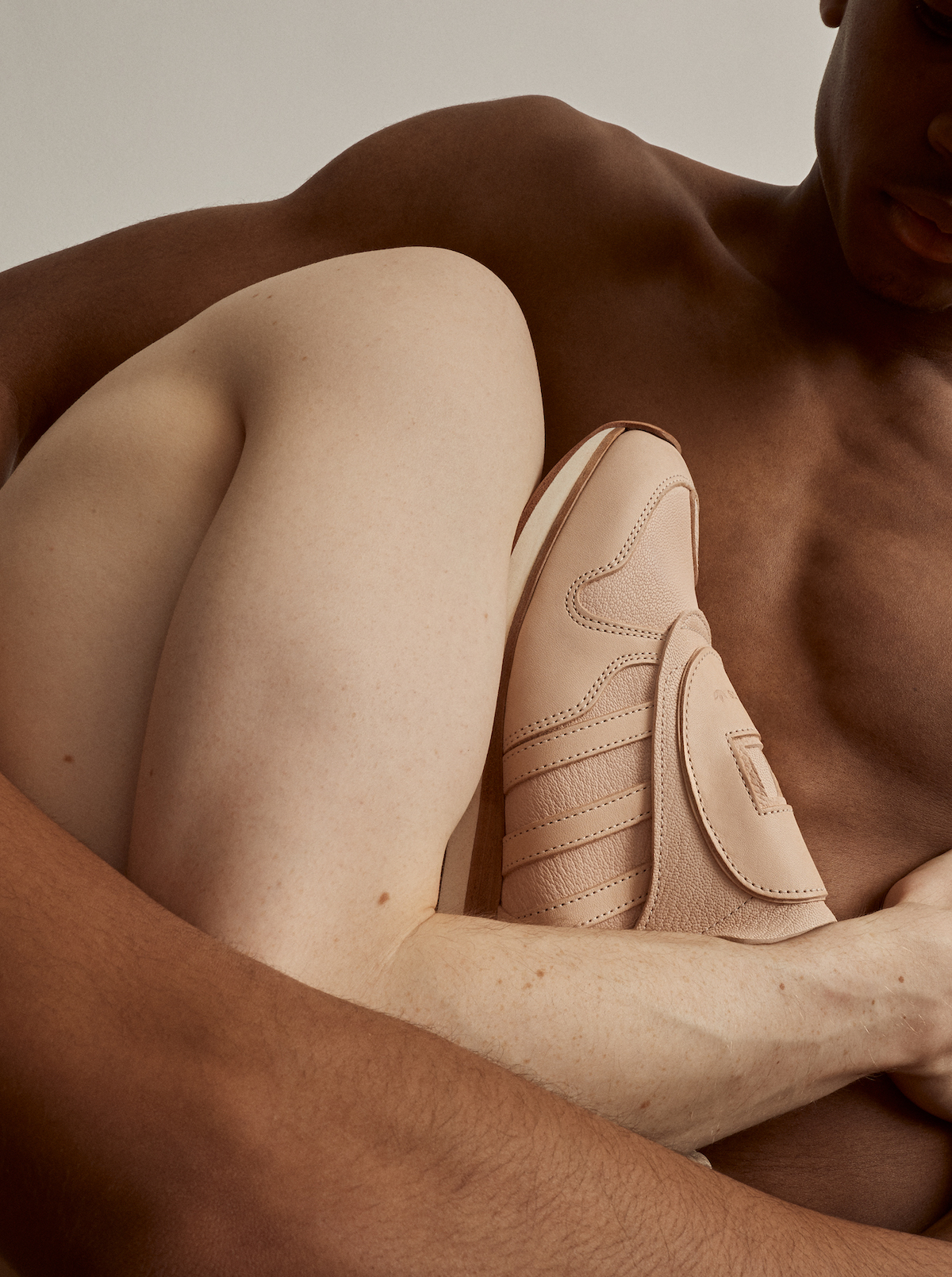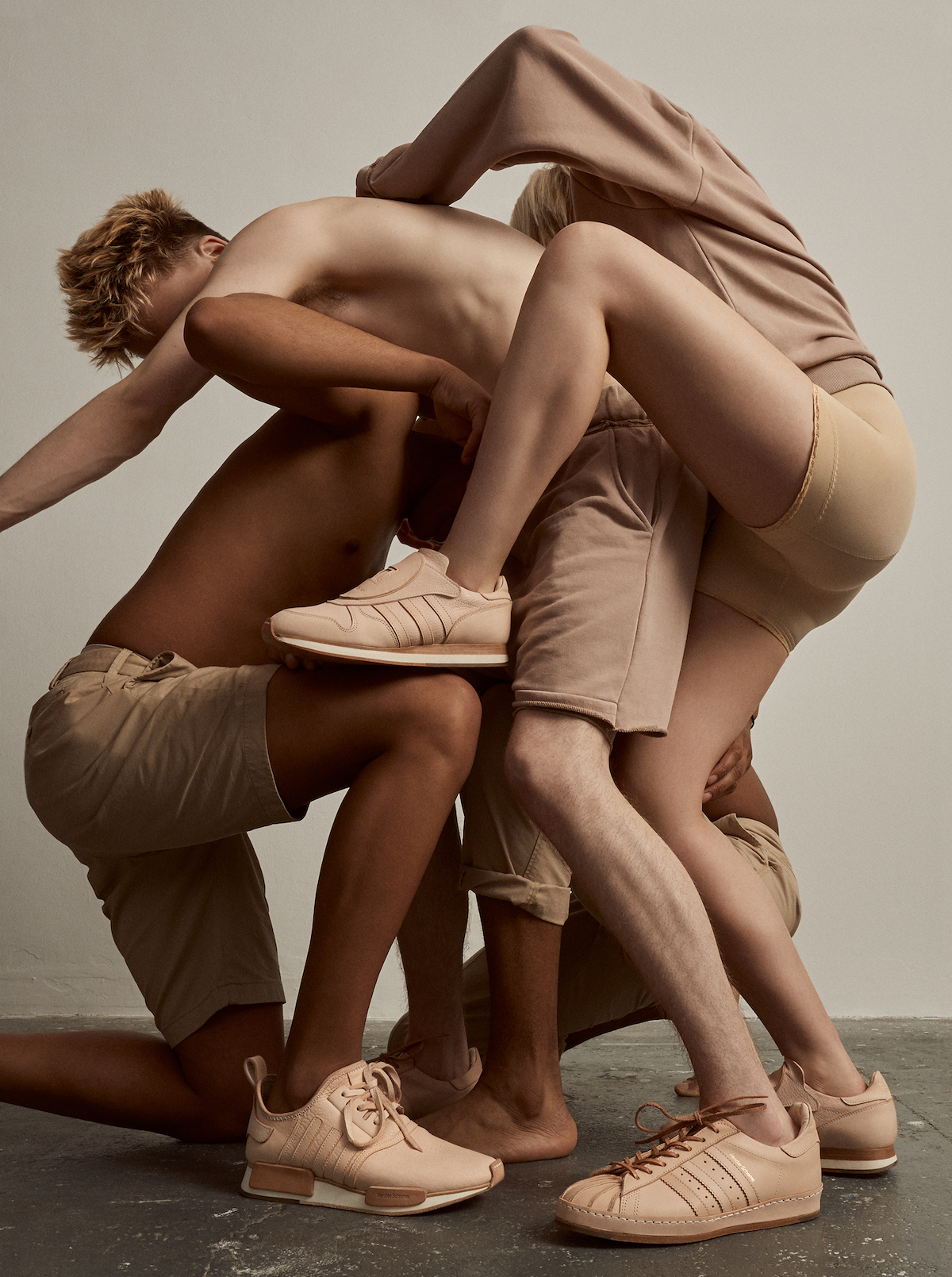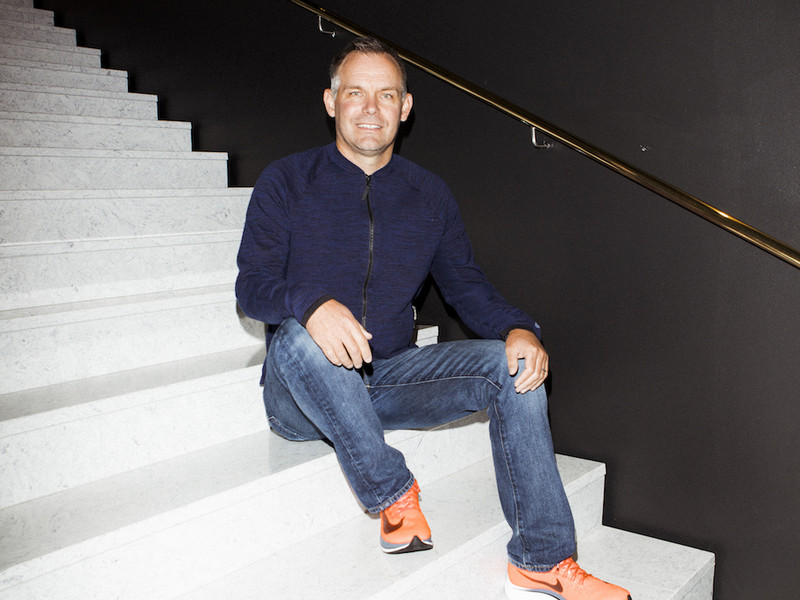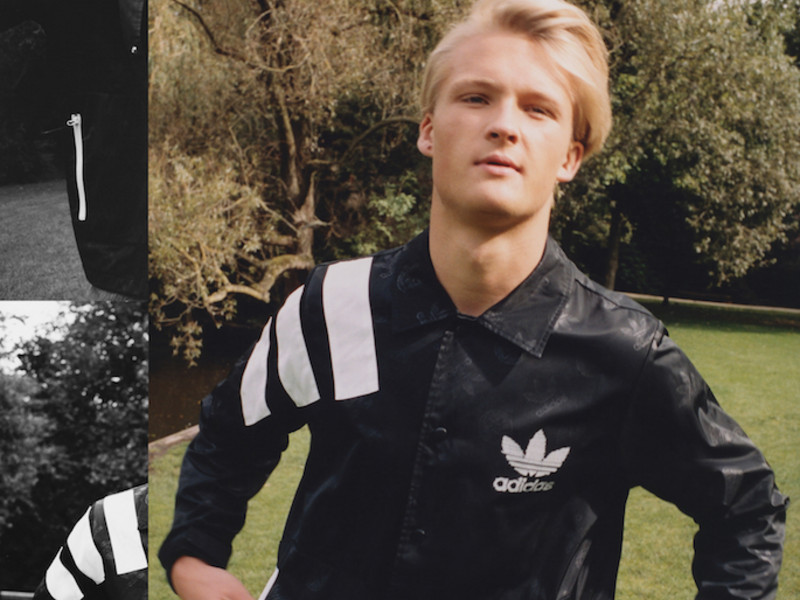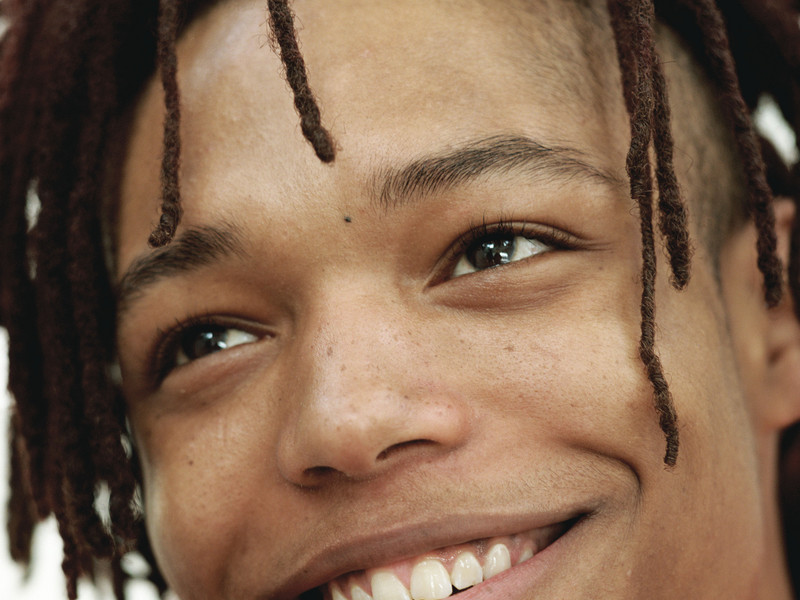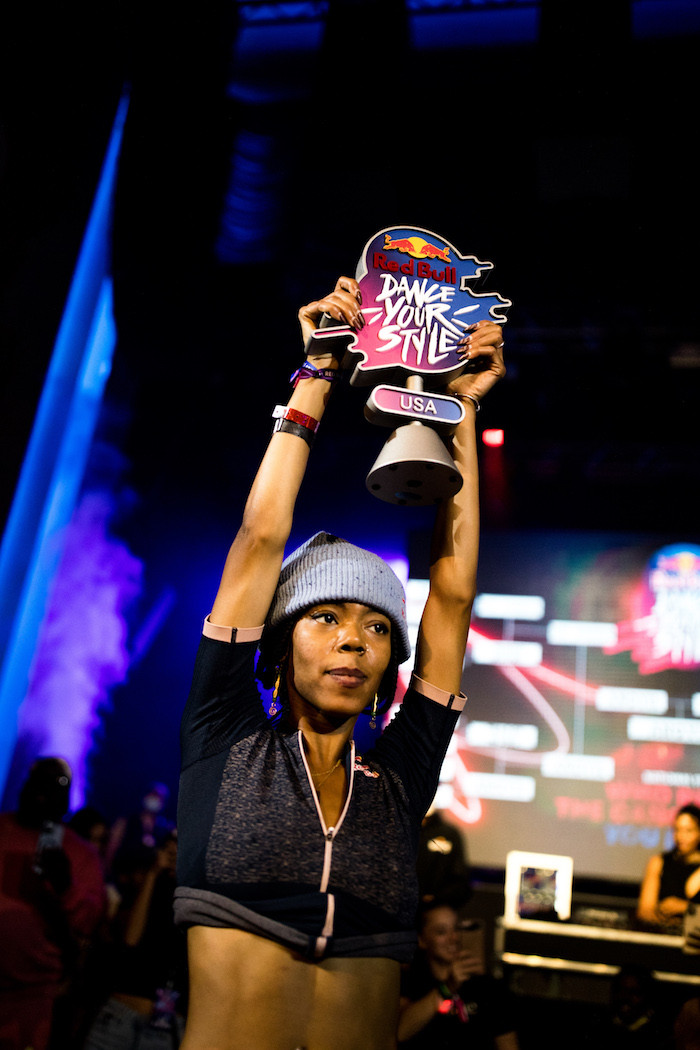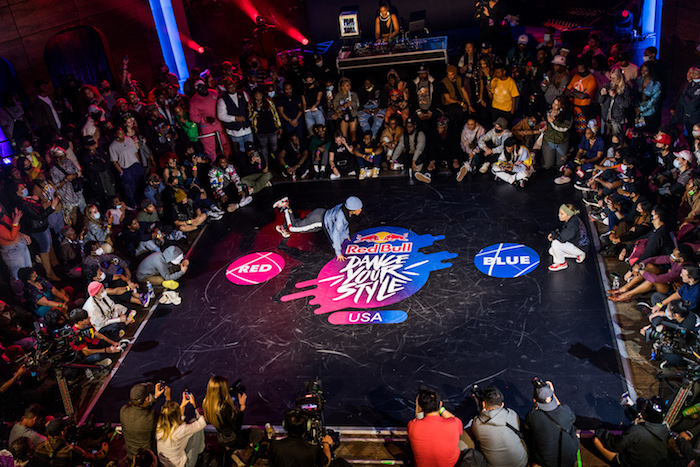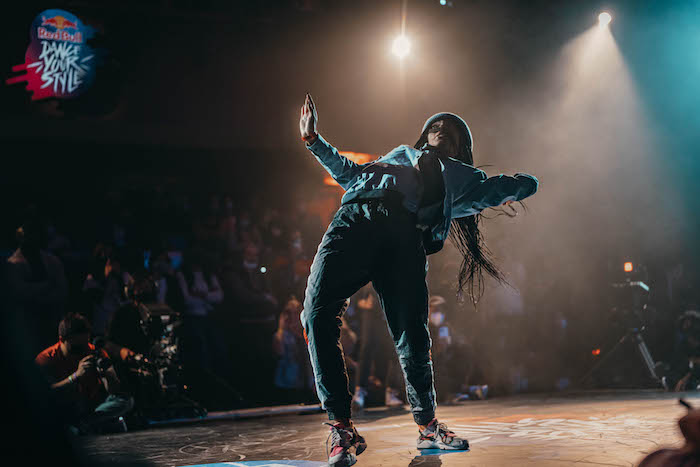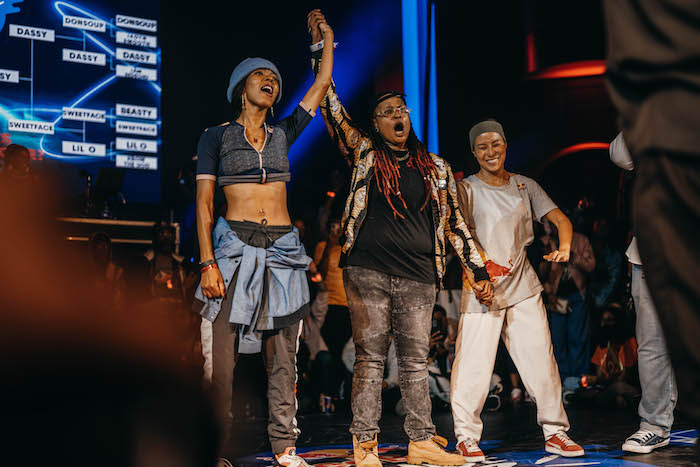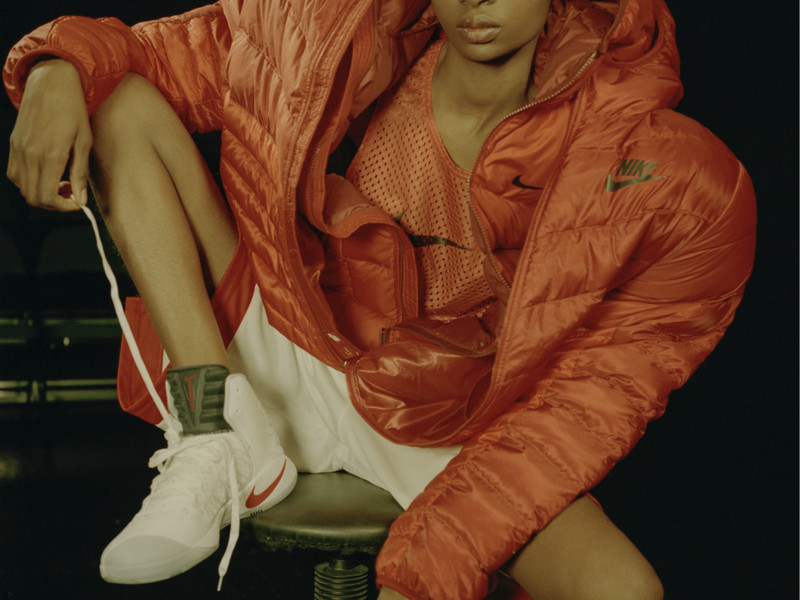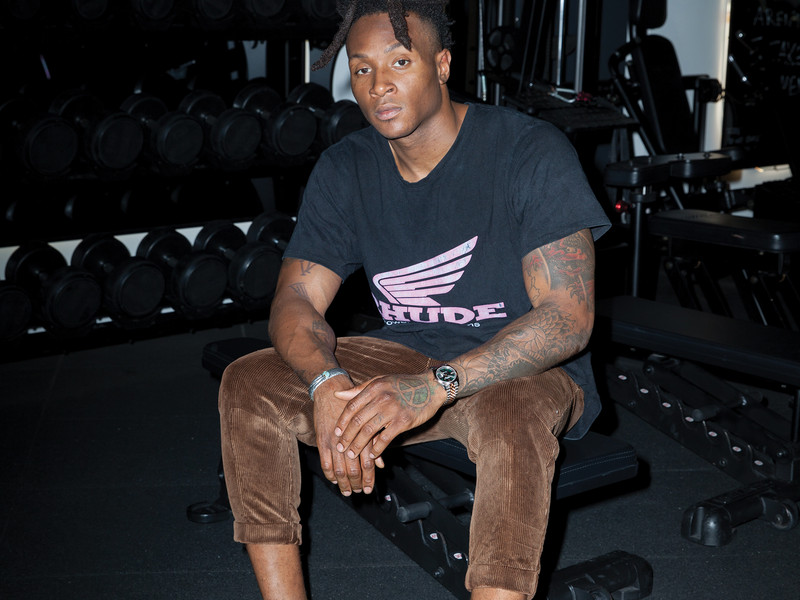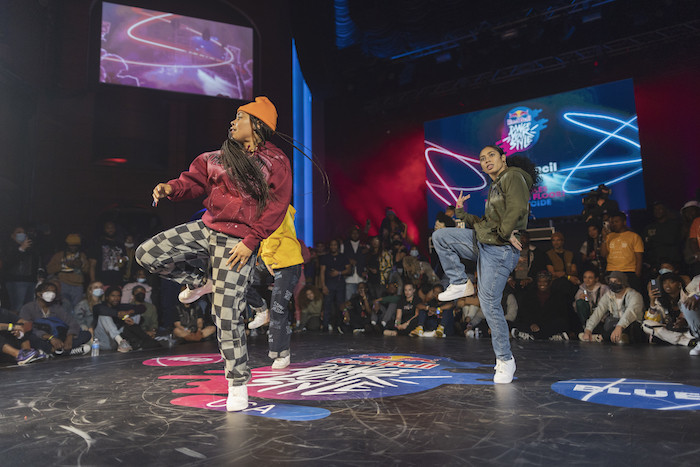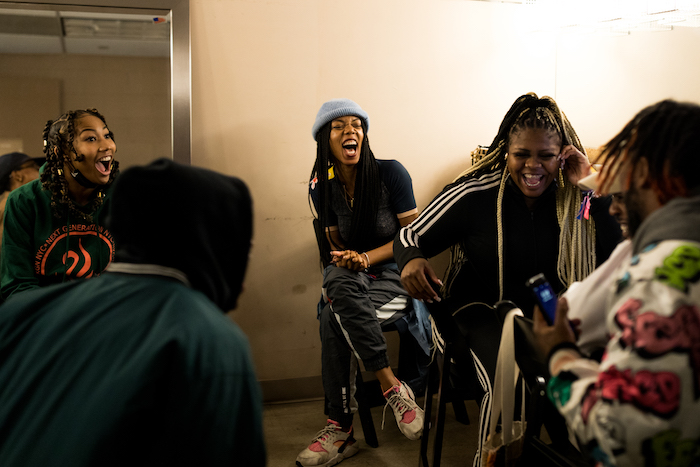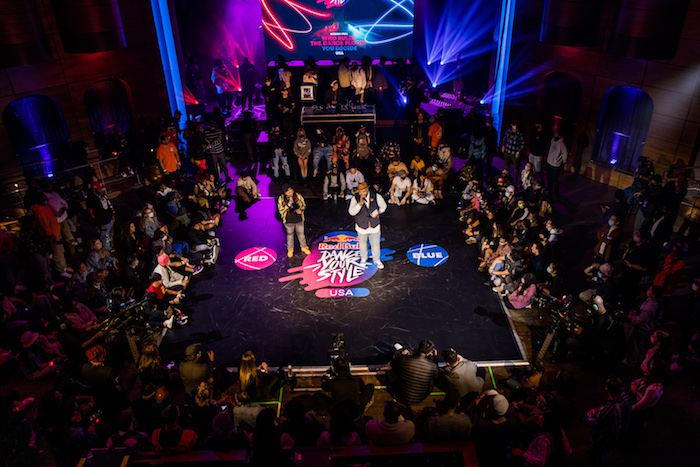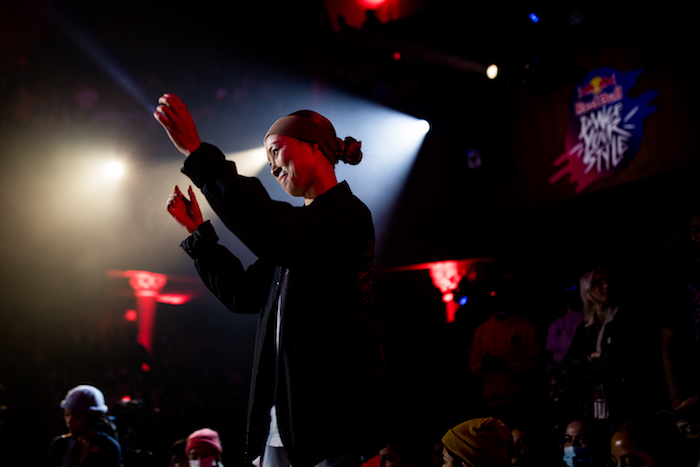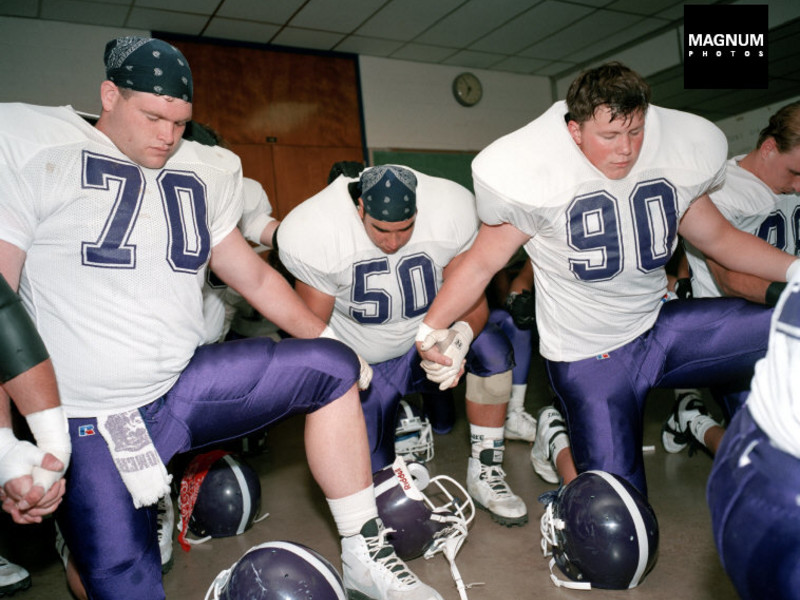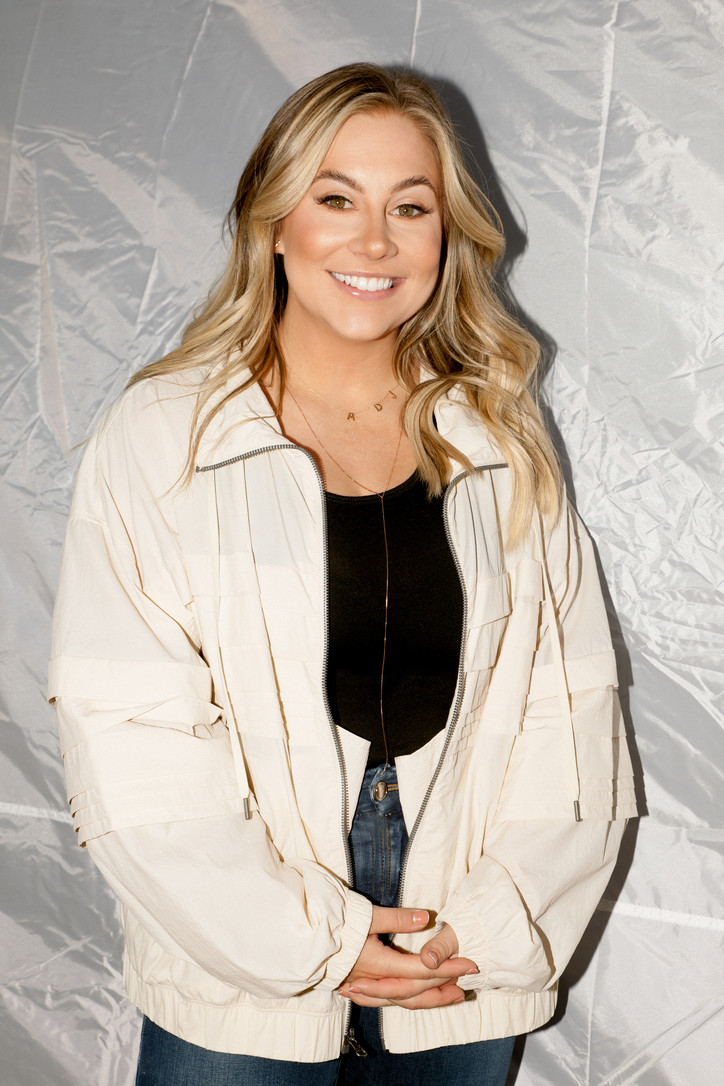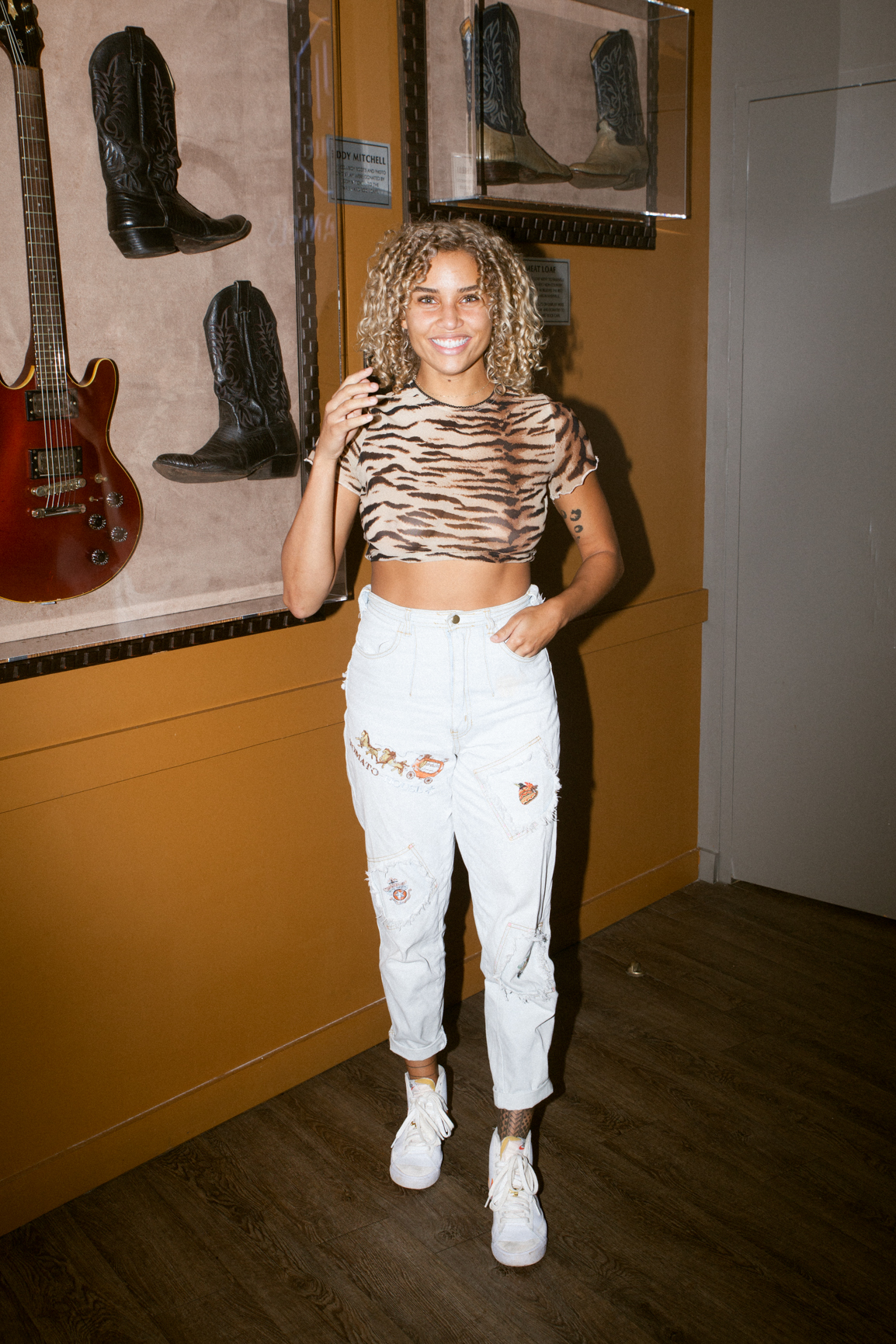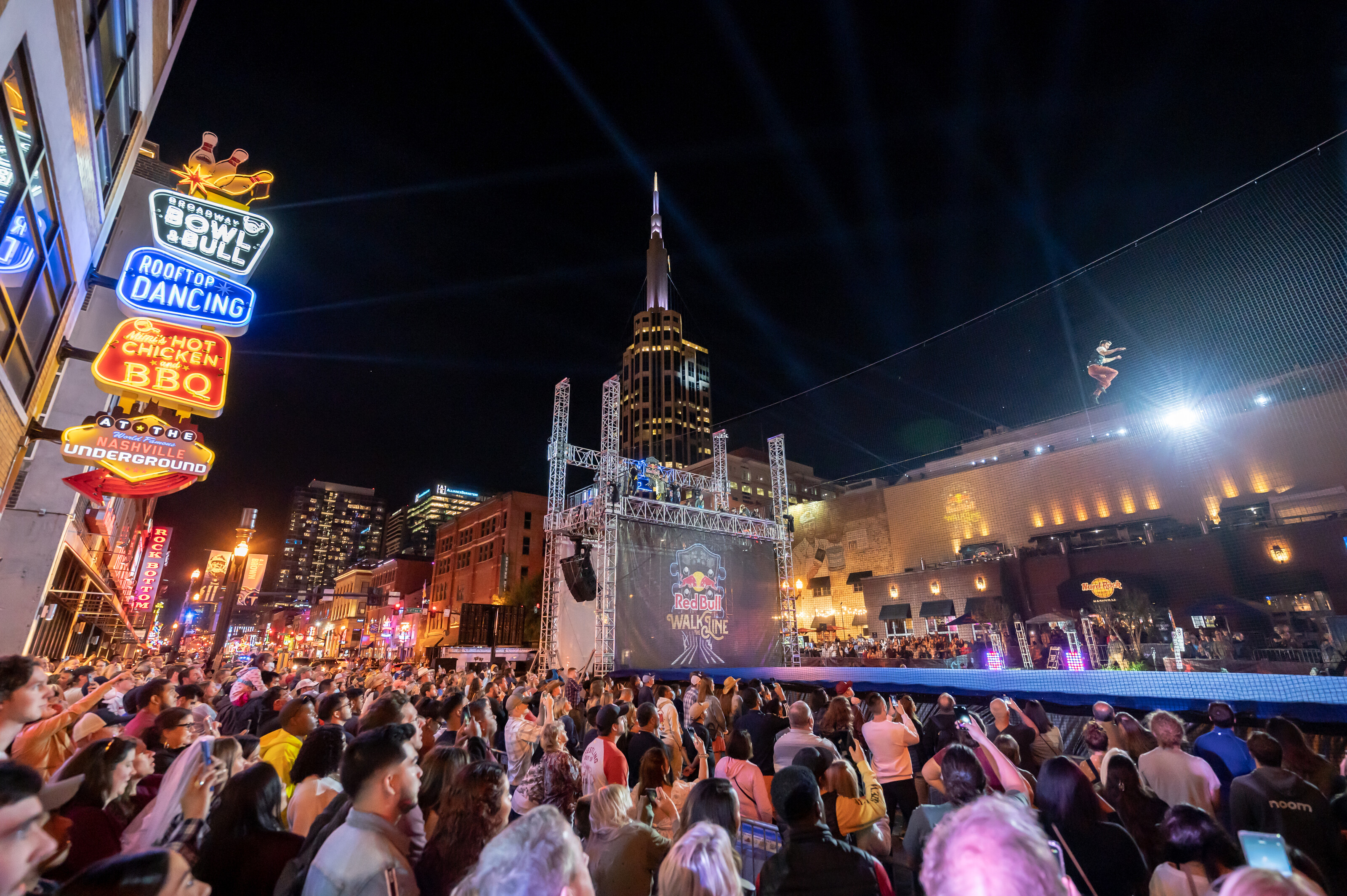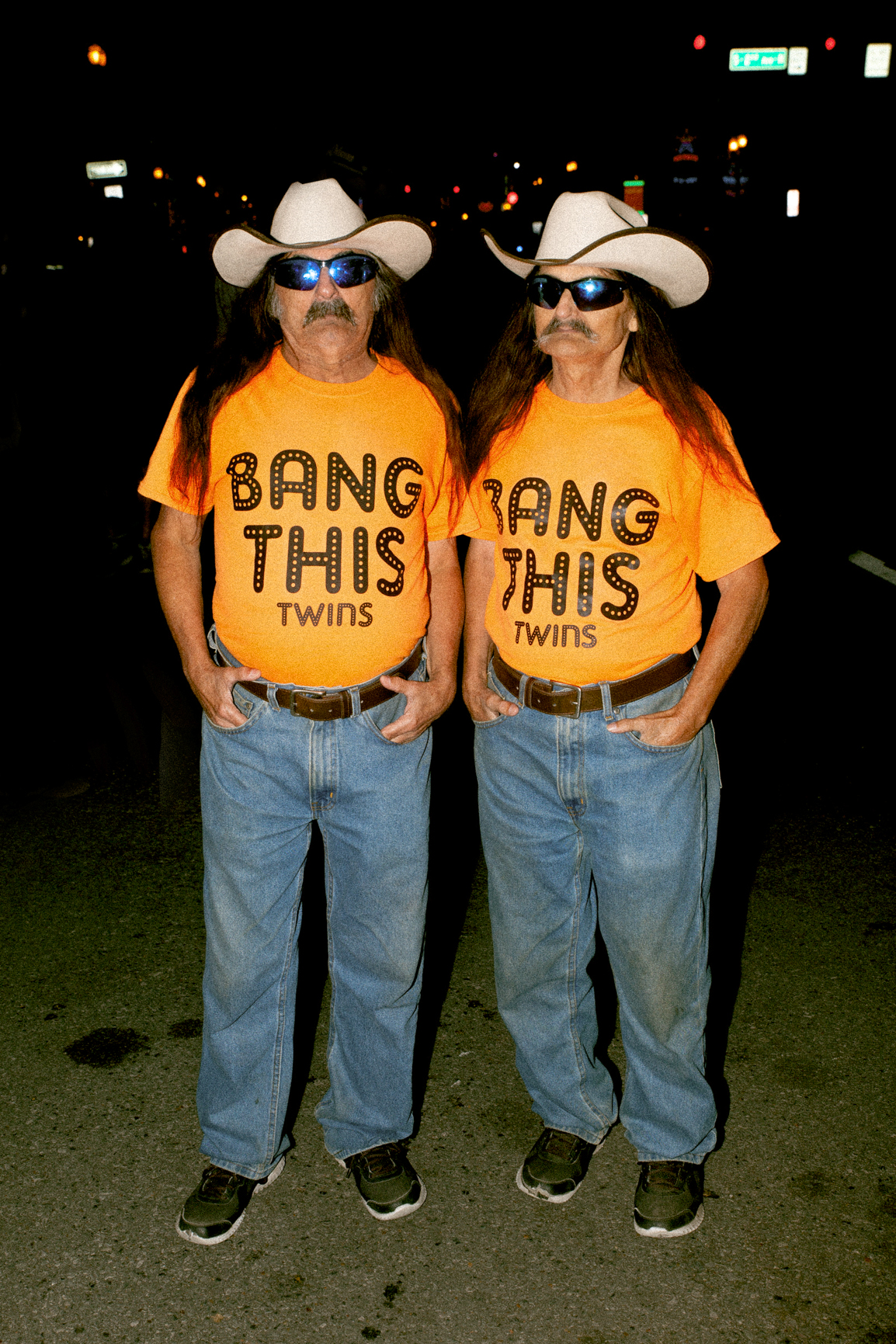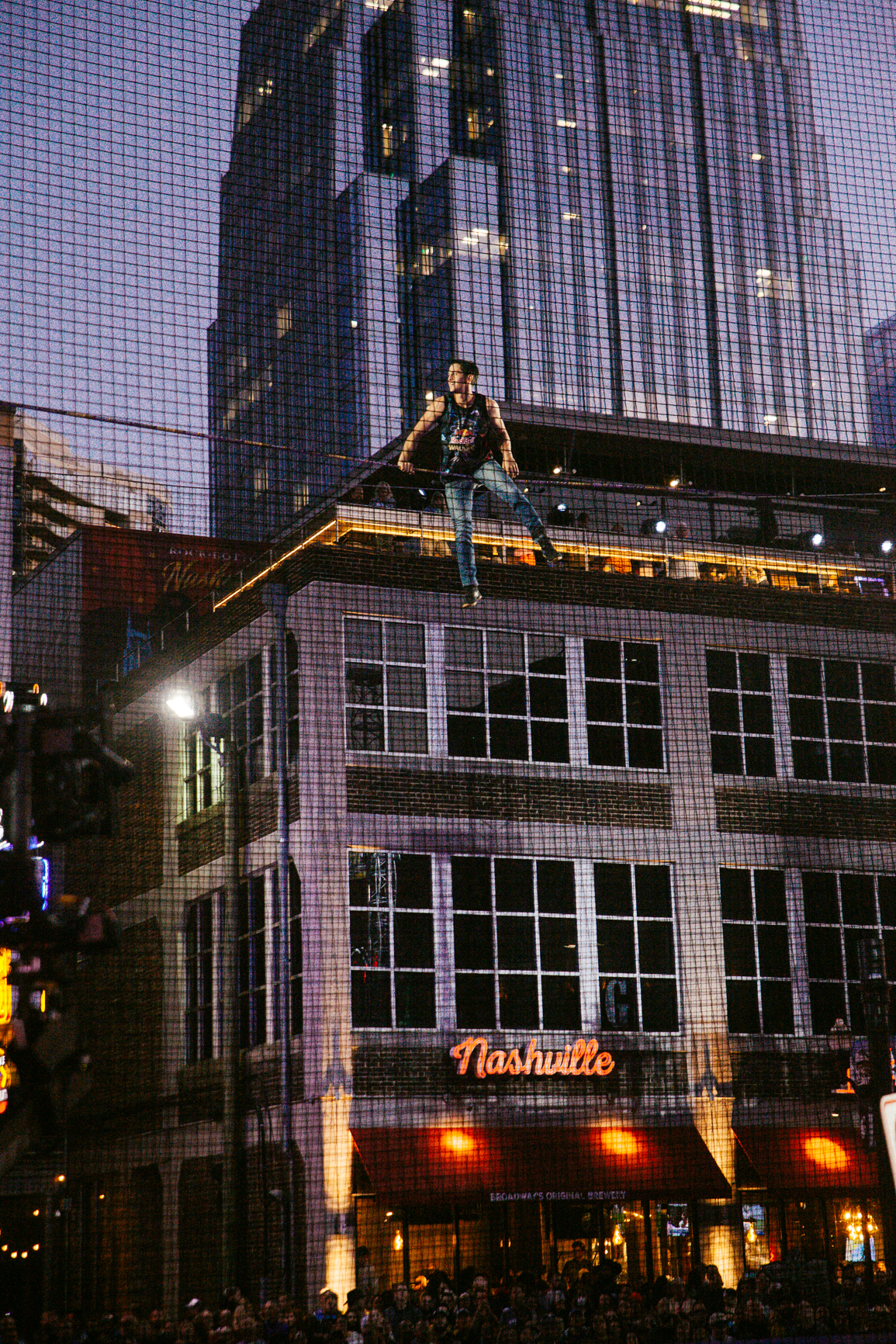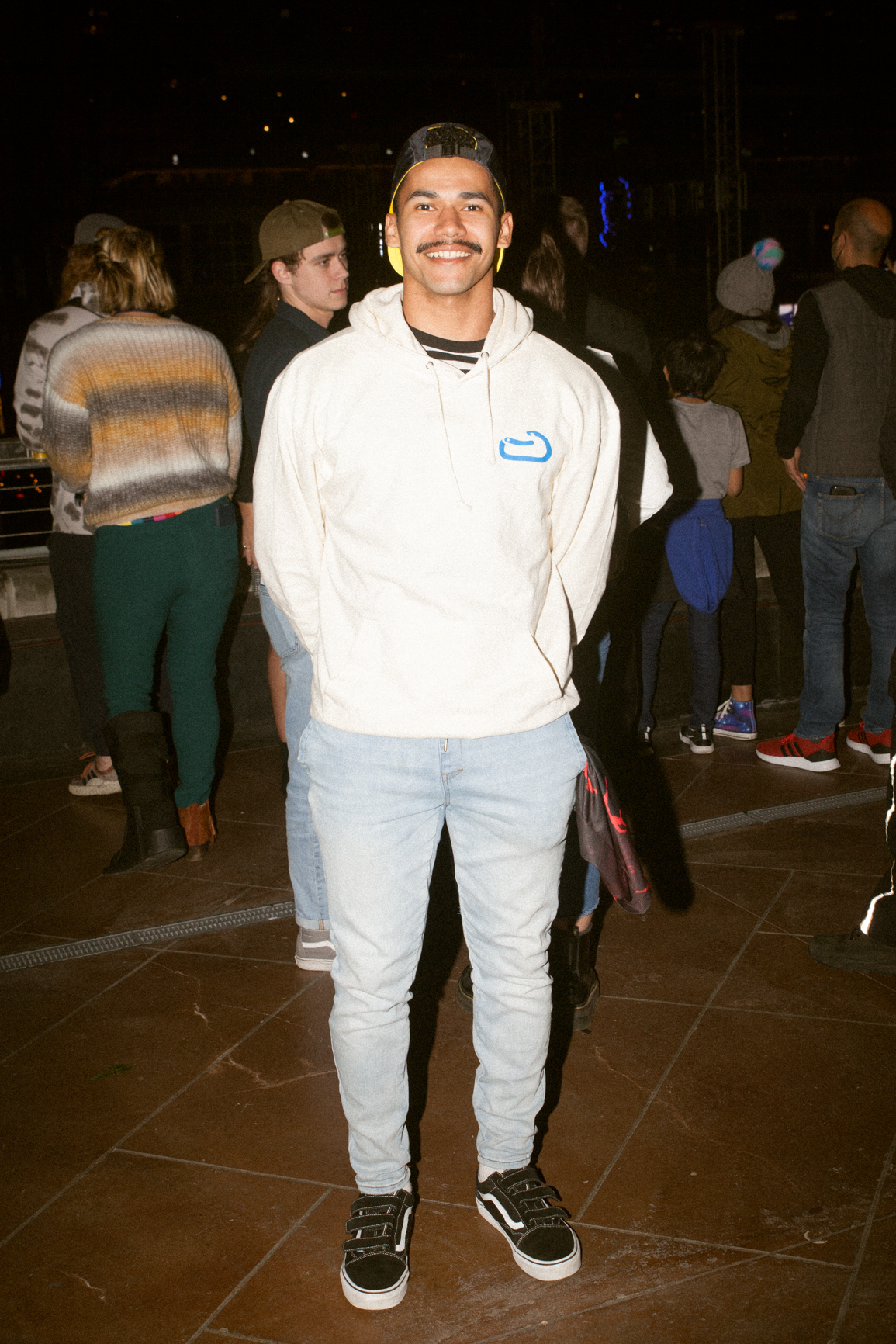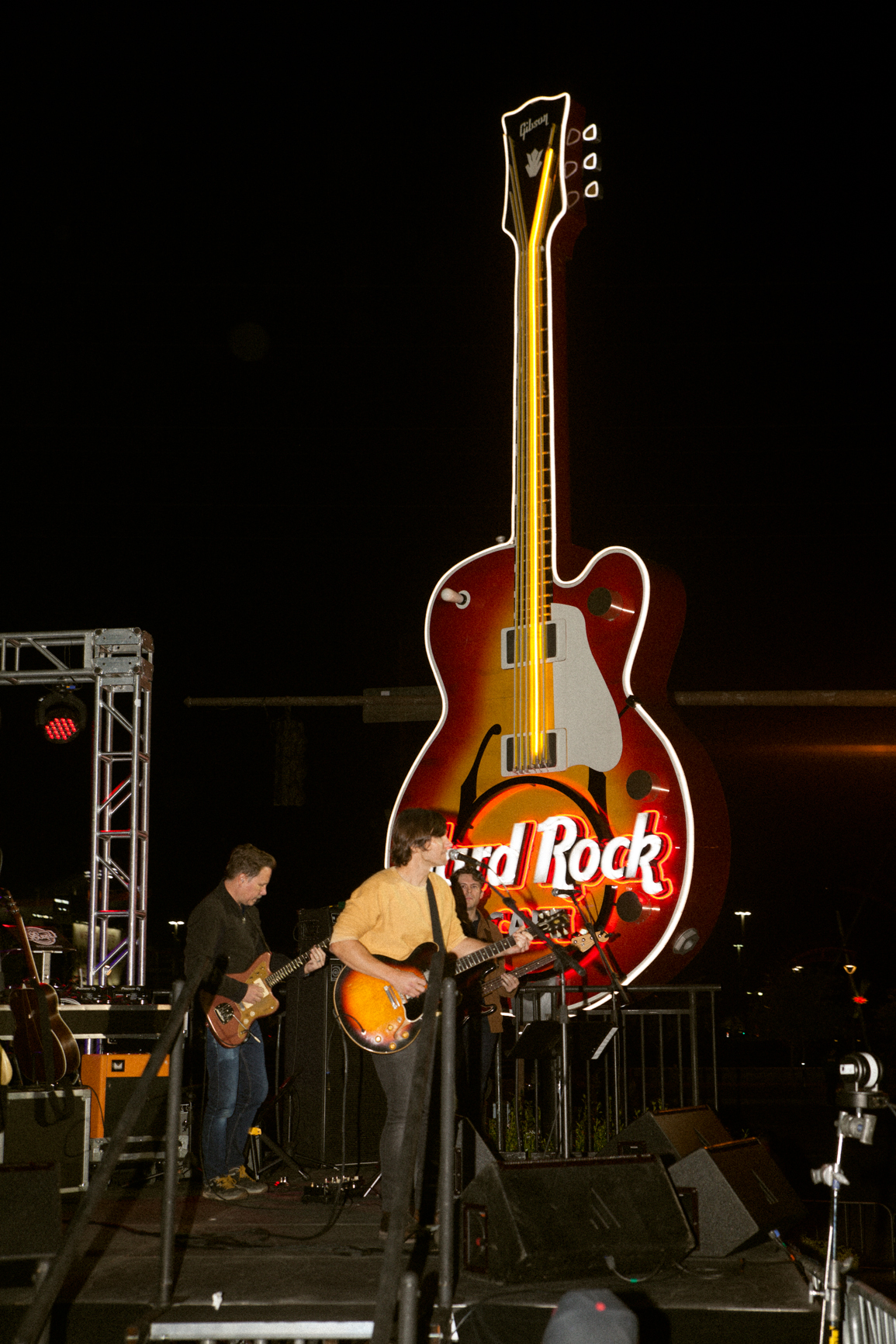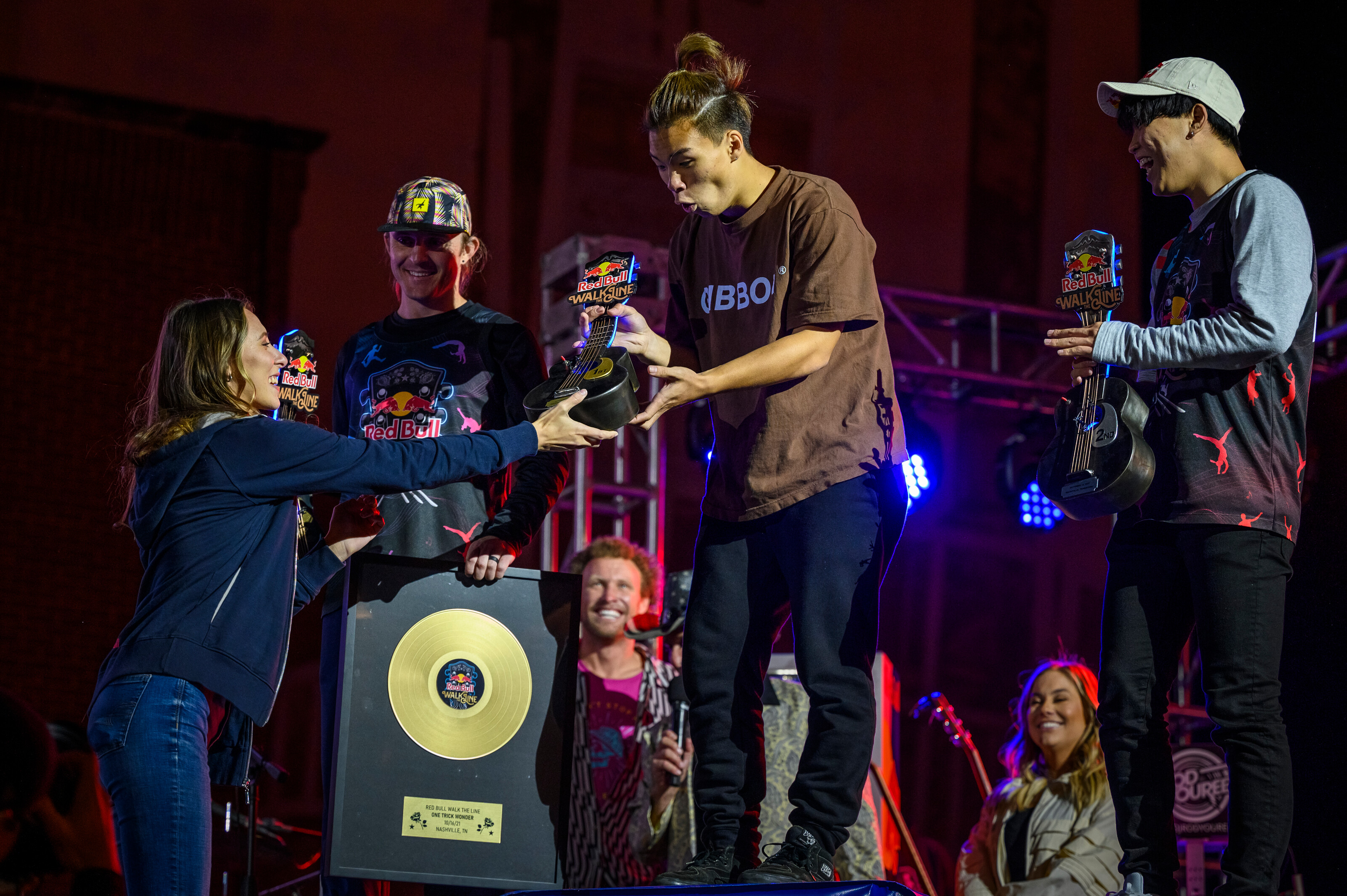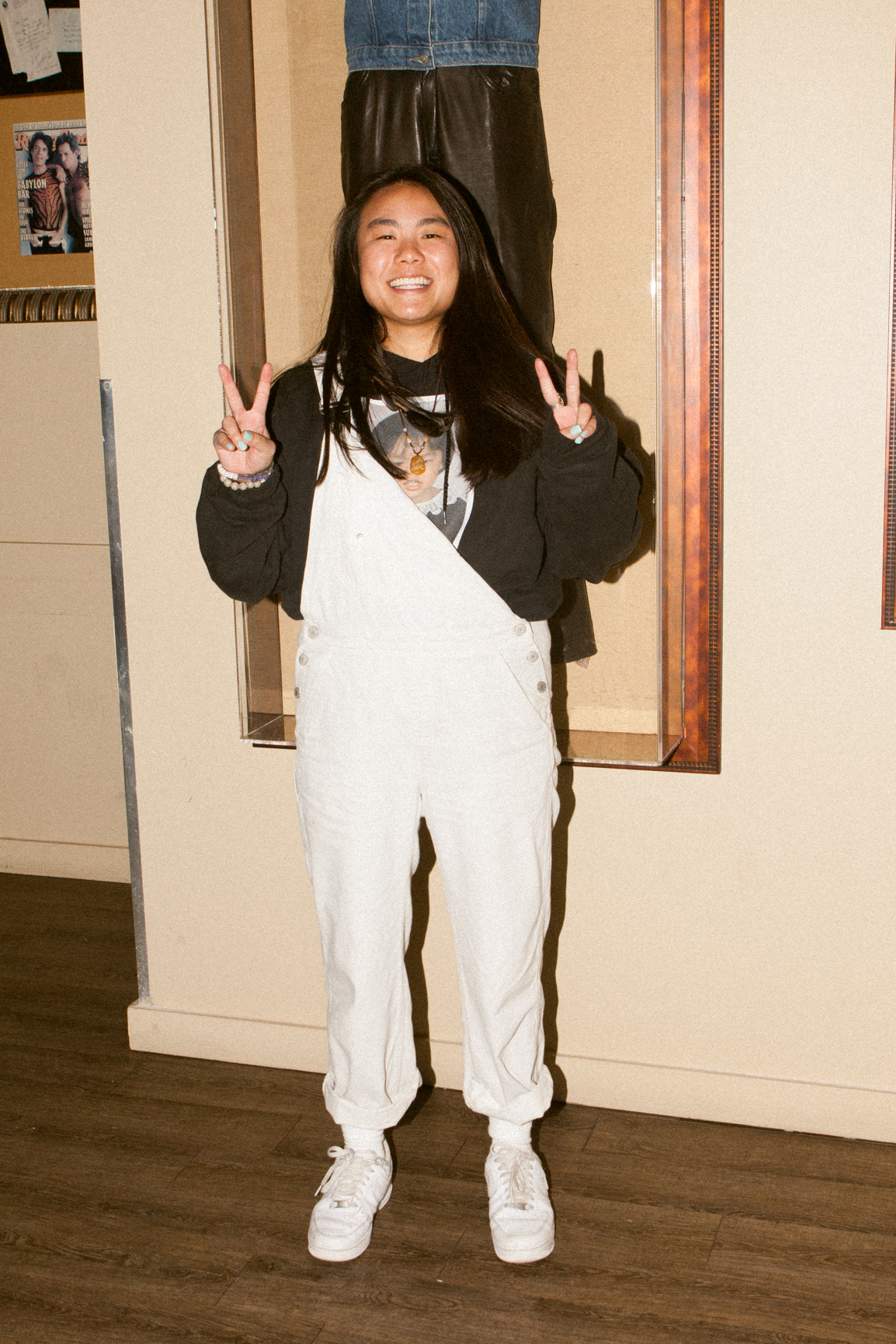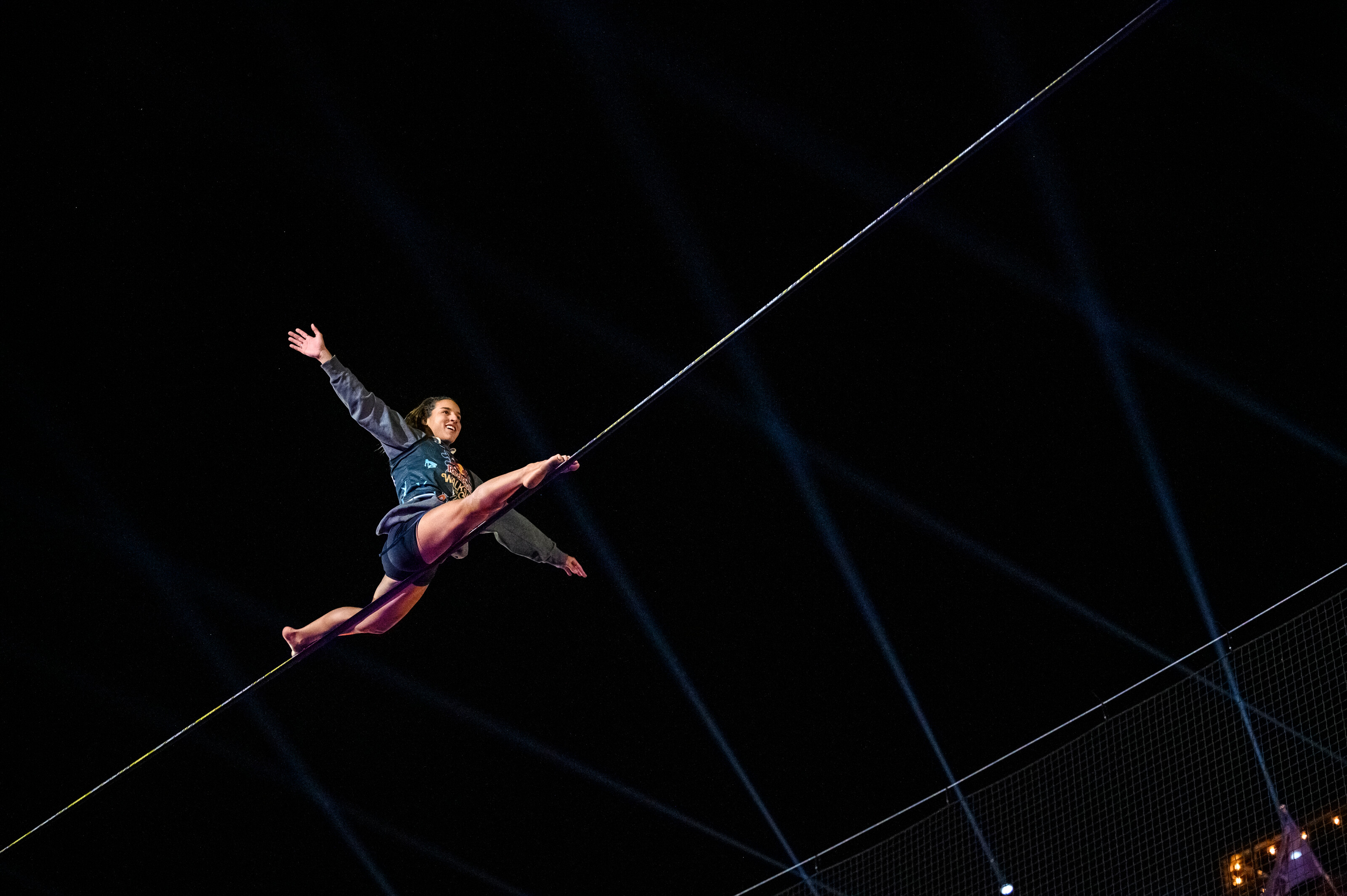That night in DC, that is exactly what Angyil did. Her connection to both the music and the eager onlookers earned her the national winning title, and office had the opportunity to sit down with Angyil post-competition to discuss her experiences with dance and how it has impacted her life.
How did it feel to win the finals this past weekend?
It was interesting, simply because I had to qualify first, so I had to battle my way up about 15 rounds. So it was a lot, but at the same time, it felt so good to be around so many dancers I hadn't seen in so long because of the pandemic and everything that was going on. It made me feel extremely grateful; there were a lot of emotions going on. Though I felt tired — for a lot of reasons — I couldn't allow that energy to hold me back.
How did your journey with dancing begin and in what styles did you begin dancing?
So I'd always been dancing — as far as moving when music was turned on — but I went to a performing arts school in Kansas City. I started out with ballet, jazz, and modern, as far as training. I moved to New York as a teenager and I just started dancing even more there [at Alvin Ailey]. But my intentions were to only focus on ballet, jazz, and modern. But then I came across some people — who now are my friends and my family — but they were dancing on the subway and just moving freely. There was no care in the world, which was a lot different from what I was used to at the studio. You have your leotard, there's a uniform, your hair has to be slicked back. There were so many things that I was seeing that were the exact opposite of what I had been used to. So I feel like that contrast impacted me, especially because it already resonated with my soul, as far as the music and as far as the emotions and feelings. I was like, 'What am I doing? I need to fully express myself.' And that's when I made that transition.
Do you think dance has the ability to be a form of personal healing?
Absolutely. I always say dance is like therapy — not to negate therapy because I think that therapy is extremely important, though not everybody can afford that, at the same time. I definitely feel like dance helps as far as therapy. Like maybe I can't afford to go see a therapist, but I need to just kind of release what I have inside of me. These thoughts, these movements that are kind of lying stagnant inside of me — I need to be able to physically express myself and get those things out, you know? So I definitely feel like it's healing, but the beautiful thing that I love about dance is that no matter what career field you're in, everybody loves to watch dance. Even if they feel like they can dance or not, whatever the case is, everybody likes to move because there's healing in movement. Even for the dancers. It's not just for you; it's also healing for the people that are watching you. So it's so beautiful to even [be able to] share those things. And I’m realizing more and more how important that is.
